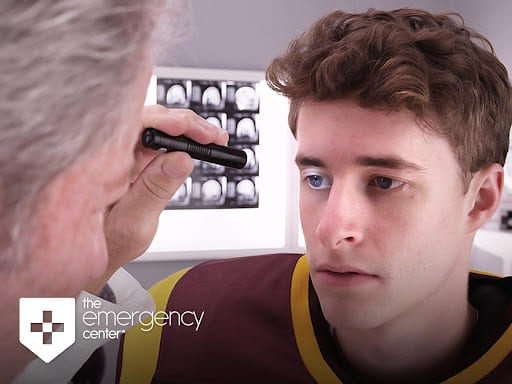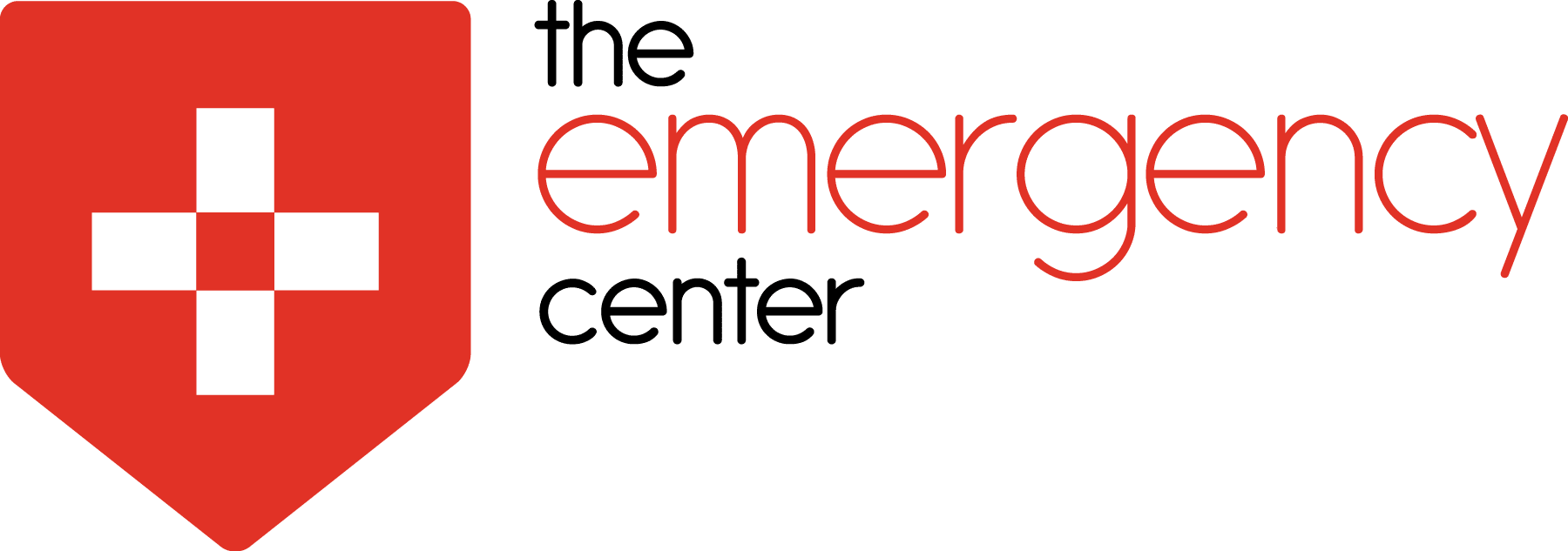Recognizing The Signs Of a Concussion: What Every Parent Should Know
Why Early Detection Of Concussion Symptoms Is Critical For Parents
As fall sports kick into high gear, many parents find themselves cheering from the sidelines, proud to see their children in action. However, the excitement of the game can quickly turn into concern when injuries occur, particularly concussions. Concussions are a serious type of brain injury that can have lasting effects if not properly recognized and treated. It’s essential for every parent to know how to spot the signs of a concussion and respond appropriately.

Understanding What a Concussion Is & How It Affects Your Child’s Brain
A concussion is a type of traumatic brain injury (TBI) that occurs when a blow or jolt to the head causes the brain to move rapidly back and forth. This sudden movement can cause the brain to bounce or twist inside the skull, leading to chemical changes and sometimes damage to brain cells. While concussions are often associated with contact sports like football or soccer, they can occur in any activity where a child might hit their head, including falls, accidents, or even non-contact sports.
How To Recognize The Common Signs & Symptoms Of Concussions
The signs of a concussion can be subtle and may not appear immediately. Some symptoms might show up right after the injury, while others can take hours or even days to manifest. Here are the key signs and symptoms parents should watch for:
Physical Symptoms:
- Headache: One of the most common symptoms. It might feel like pressure in the head.
- Dizziness: Your child may feel lightheaded or unsteady.
- Nausea or Vomiting: These symptoms often appear soon after the injury.
- Balance Problems: Difficulty walking or maintaining balance is a red flag.
- Sensitivity to Light or Noise: Your child might complain that bright lights or loud sounds are particularly bothersome.
Cognitive Symptoms:
- Confusion: Your child may seem dazed or confused, not remembering what happened before or after the injury.
- Difficulty Concentrating: They may have trouble focusing on tasks, such as homework.
- Memory Problems: Short-term memory loss, such as forgetting plays, rules, or instructions, can be a sign..
- Slow Response: A noticeable delay in answering questions or responding to stimuli.
Emotional Symptoms:
- Irritability: Your child might be unusually irritable or upset.
- Sadness: They might feel down or depressed for no apparent reason.
- Nervousness: Anxiety or nervousness can also be a symptom.
Sleep-Related Symptoms:
- Drowsiness: Your child might feel excessively tired or want to sleep more than usual.
- Trouble Falling Asleep: Alternatively, they might have difficulty falling asleep.
Steps Parents Should Take If a Concussion Is Suspected
If you suspect your child has suffered a concussion, it’s crucial to take immediate action:
- Remove Them from Play: If your child shows any signs of a concussion, remove them from the game or activity right away. Continuing to play can worsen the injury.
- Seek Medical Attention: Even if the symptoms seem mild, it’s important to have your child evaluated by a healthcare professional. They can assess the severity of the concussion and provide guidance on treatment and recovery.
- Monitor Symptoms: Keep a close eye on your child in the hours and days following the injury. Some symptoms may take time to appear or worsen, so ongoing monitoring is crucial.
- Rest and Recovery: The primary treatment for a concussion is rest. This includes both physical and cognitive rest, meaning your child should avoid activities that could strain the brain, such as sports, video games, or even schoolwork until cleared by a doctor.
- Follow-Up Care: Ensure your child follows up with their healthcare provider, as they may need a gradual return to activities. Following the recommended guidelines for a safe return to sports and school is vital to prevent further injury.
Concussions can be serious, but with the right knowledge and response, parents can help ensure their child recovers fully. Recognizing the signs and symptoms of a concussion, removing your child from play, and seeking medical attention are the first critical steps. With proper care and caution, your child can get back to the activities they love—safely.
How The Emergency Center Ensures Proper Care For Concussions
At The Emergency Center, our team of highly skilled emergency medicine physicians and nurses are fully equipped to diagnose and treat concussions with precision and care. Utilizing advanced diagnostic tools, such as advanced CT imaging technology, alongside our extensive experience in handling traumatic brain injuries, we ensure that each patient receives an accurate assessment and the best possible treatment plan. Our highly rated ER is designed to provide comprehensive care, from the initial evaluation to follow-up guidance, ensuring your child’s health and safety are our top priorities. When it comes to concussions, you can trust that The Emergency Center has the expertise and resources to support your family through every step of the recovery process.

The Emergency Center
San Antonio
11320 Alamo Ranch Pkwy
San Antonio, TX 78253
Phone: 210-485-3644
Conroe
4019 I-45 N,
Conroe, Texas 77304
Phone: 936-247-9457
